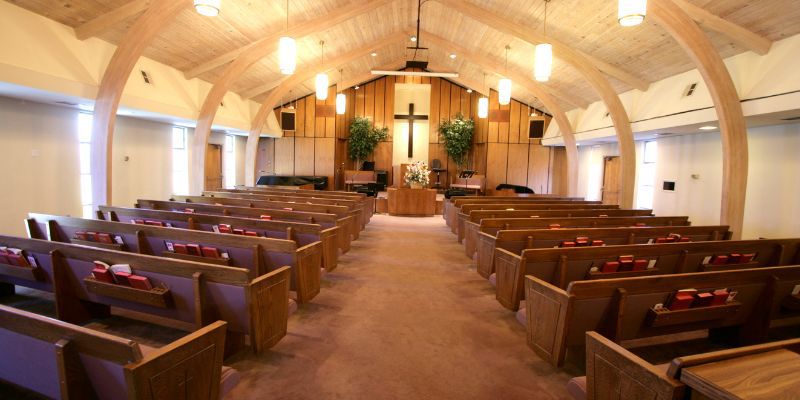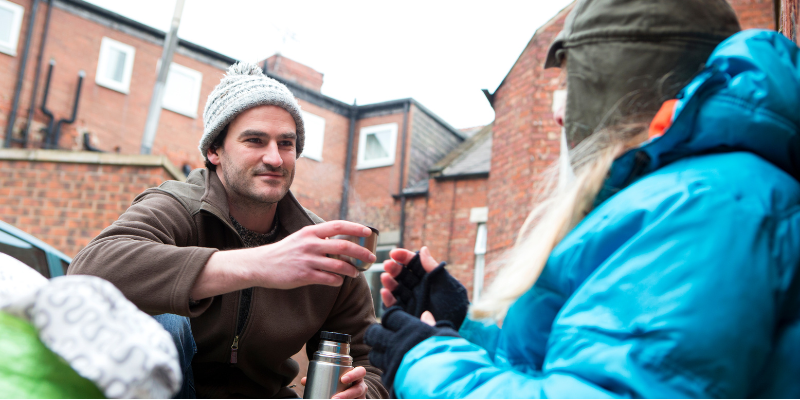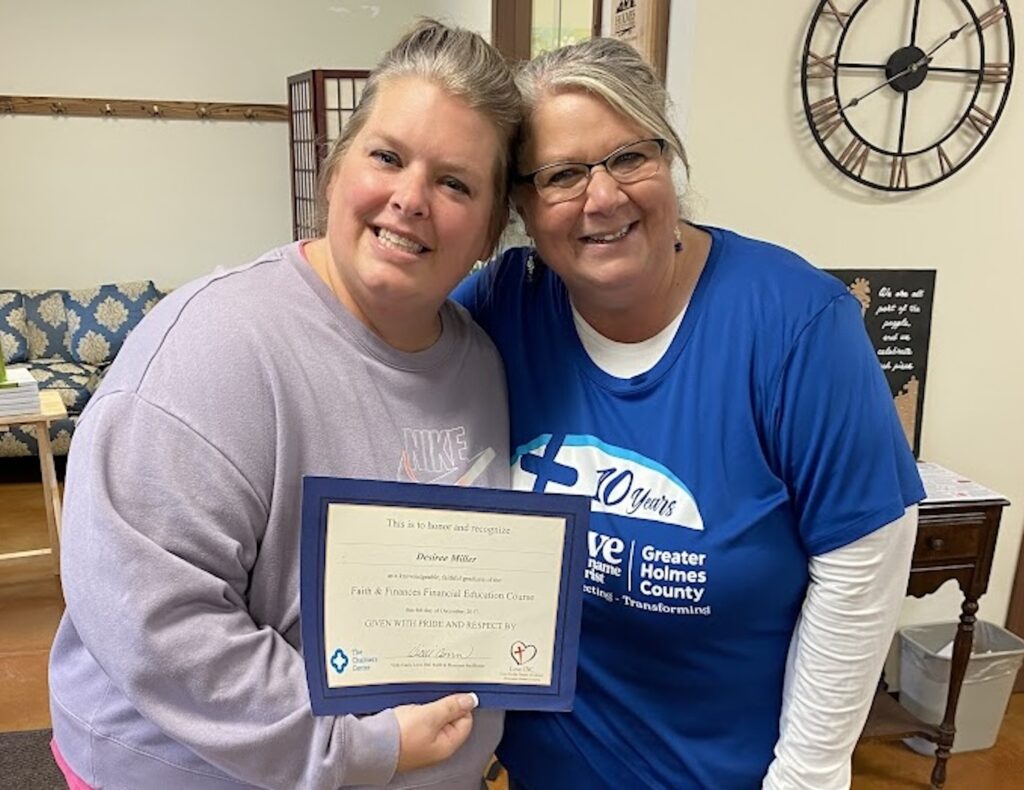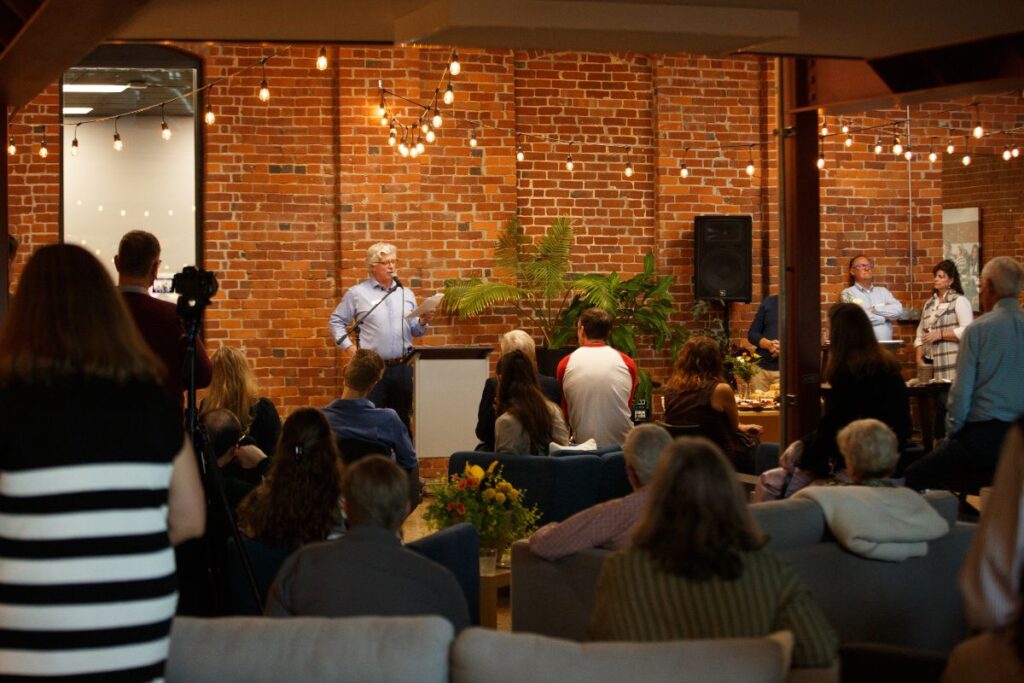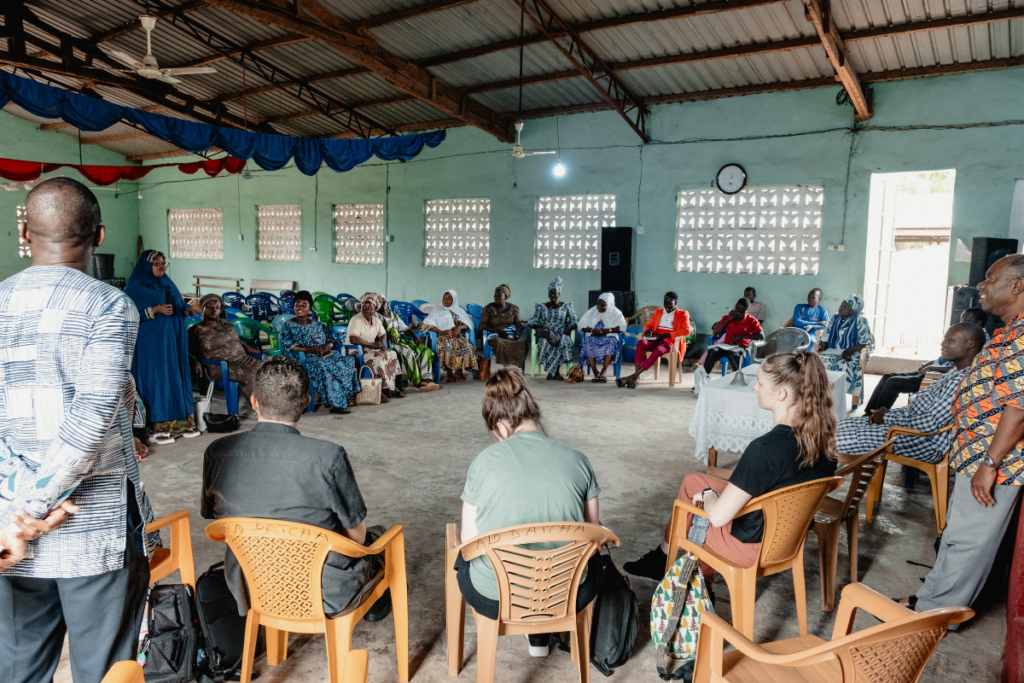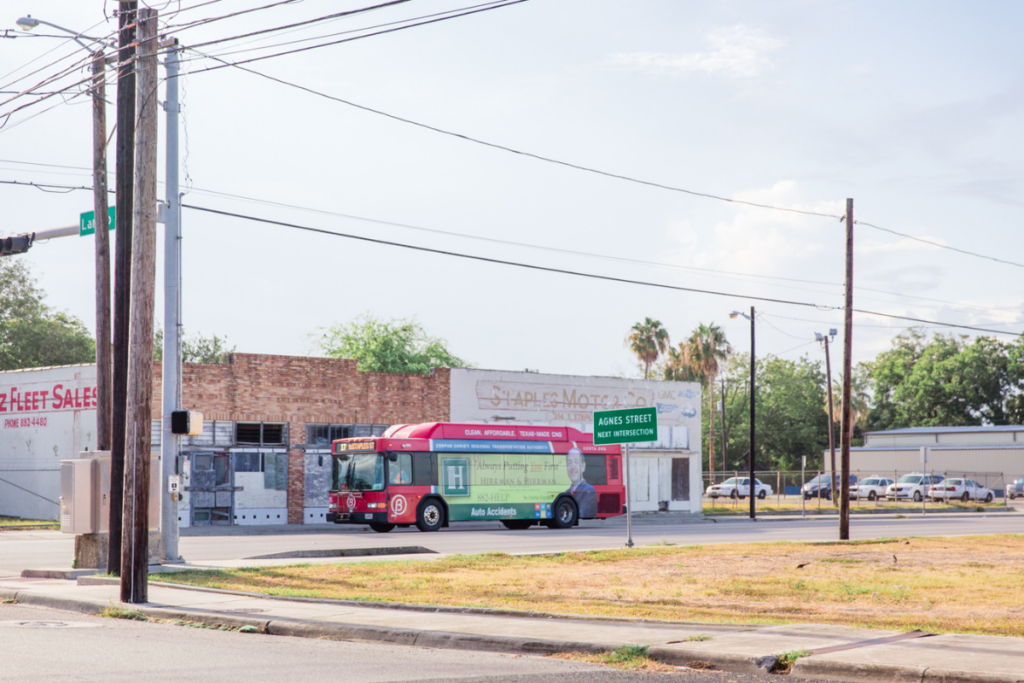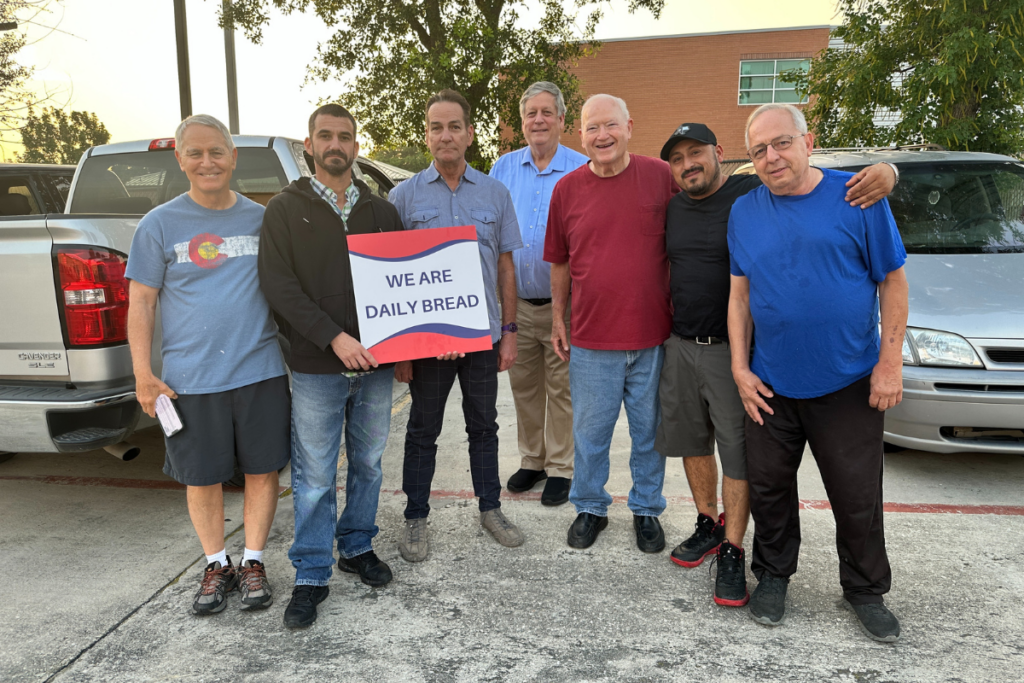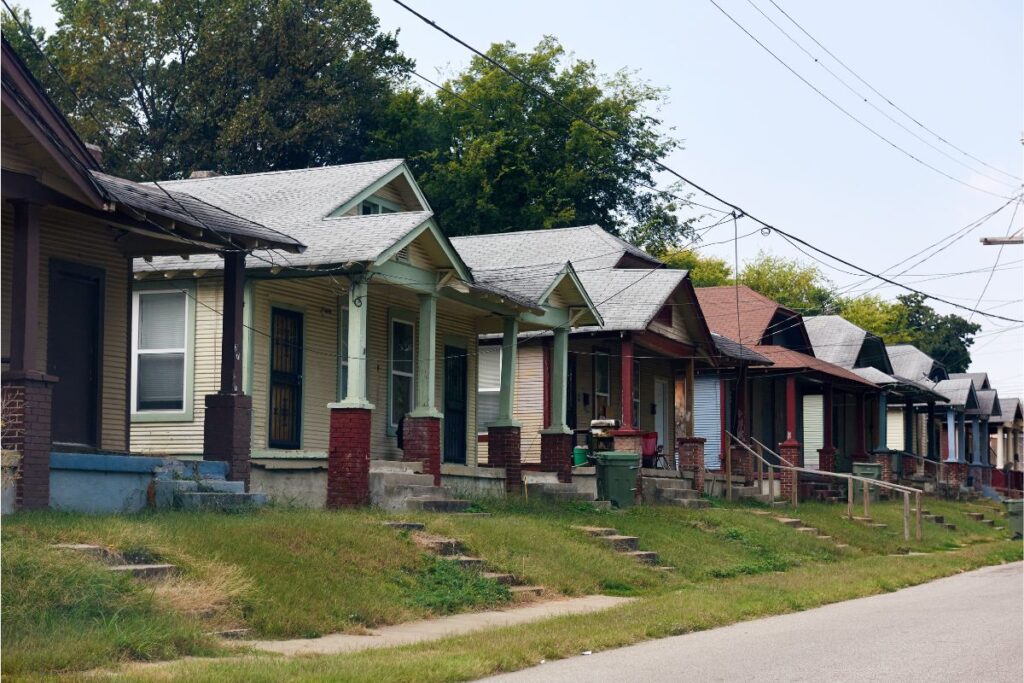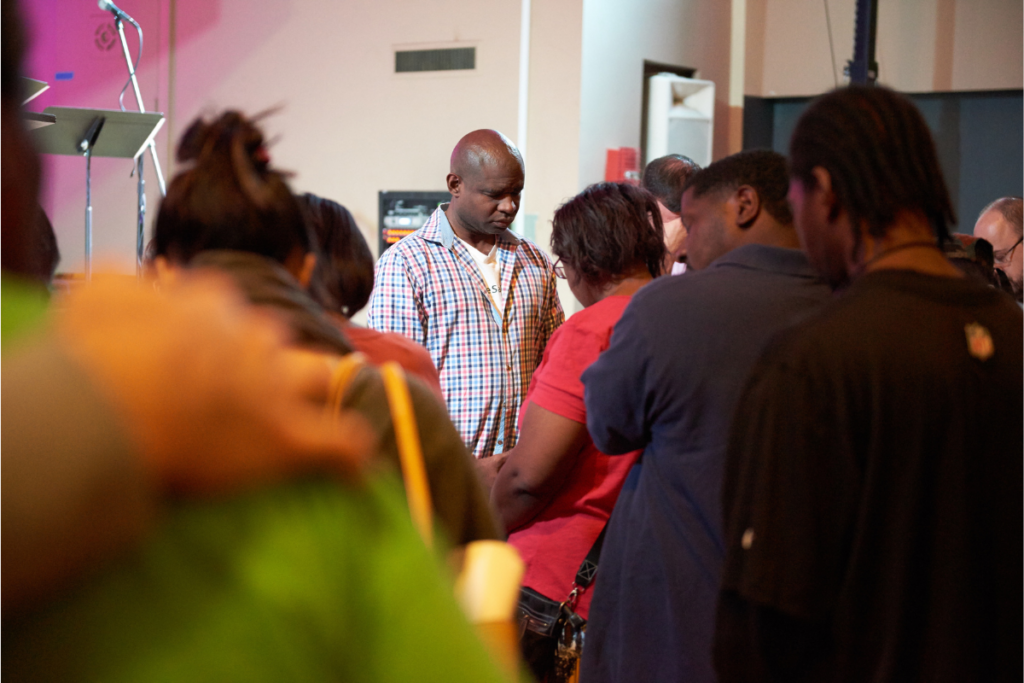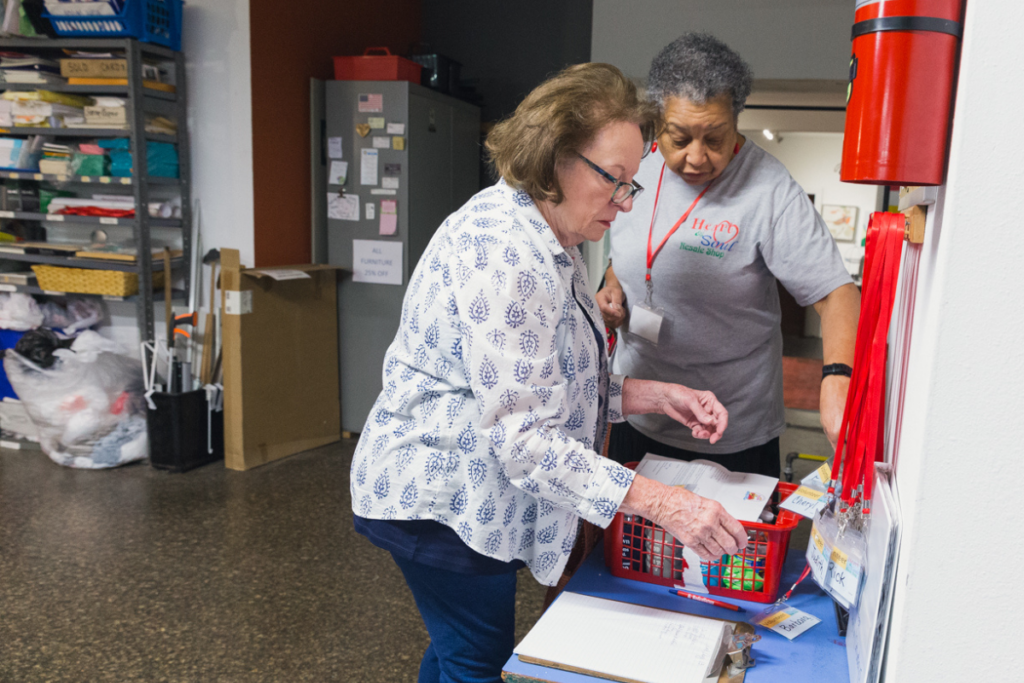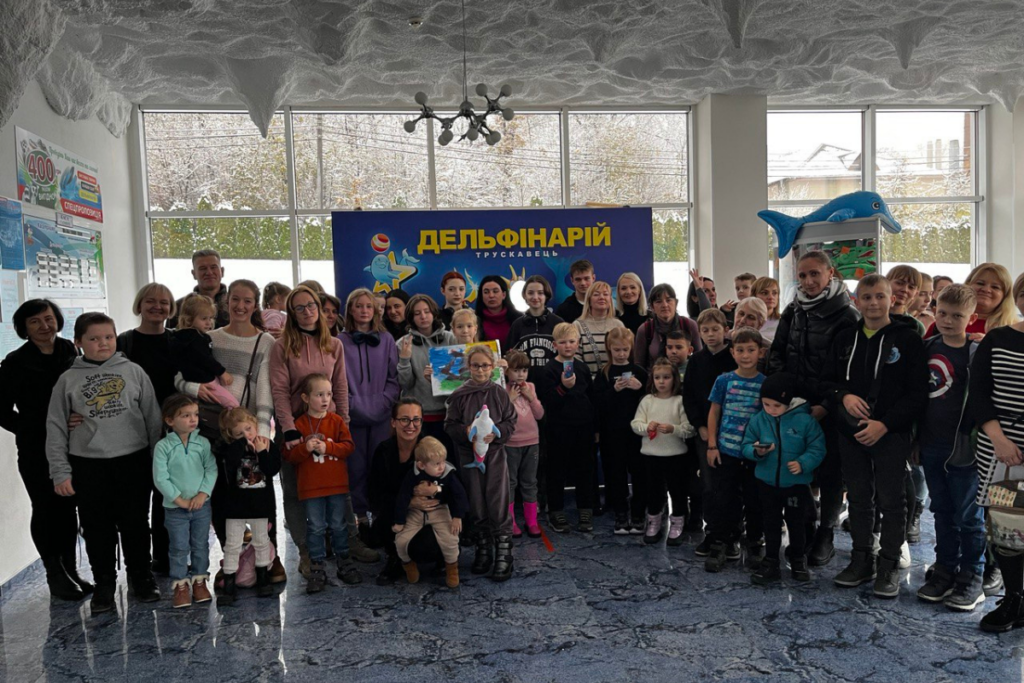Search
Categories
Tags
A Time to Pray, a Time to Give Generously
It is a consistent theme of Scripture that those blessed with power and wealth have a special responsibility to administer justice and mercy for those who are in danger or in need. Leaders should use their influence so that the least among us—the fatherless, the widow, the sojourner, and the poor—have a faithful advocate in the halls of power.
Going Beyond the Four Walls of the Church: The Impact of Community Ministry
Local churches often make a significant mistake when it comes to helping those in poverty. They sometimes create divisions in their efforts that aren’t really necessary, according to Scripture. When we split up the act of spreading the message of God’s transformative power (evangelism) and the act of serving others or providing practical life skills (service or technical programming), we give the wrong impression that the world is fragmented. We make it seem like God’s work is separate from helping people in need.
Recognizing What People In Poverty Need
It’s easy for most of us to conceptualize a fairly simplistic picture of what poverty looks like. In turn, that overview can generate equally simplistic solutions or treatments. For many, we may have an image in our minds of a destitute population lacking necessary materials for survival. On paper, it seems as though simply providing people in poverty with what they seem to need will solve the problem. While this may provide temporary relief to those in need, it is often only a small adjustment to a much larger problem.
The Exponential Power of Partnership
During the past 25 years, in addition to publishing books about poverty alleviation, Chalmers has been creating training for use in both the U.S. and the Majority World (of Africa, Asia, and Latin America). These field-tested programs are built on God’s story of change and community development best practices to help you put a biblical framework for addressing poverty into practice.
Training to Help Your Ministry Help without Hurting
During the past 25 years, in addition to publishing books about poverty alleviation, Chalmers has been creating training for use in both the U.S. and the Majority World (of Africa, Asia, and Latin America). These field-tested programs are built on God’s story of change and community development best practices to help you put a biblical framework for addressing poverty into practice.
Doing All Things Well This Year
The right approaches to poverty alleviation are not quick fixes, but often decades-long processes that you can’t control. That’s why it’s so important to focus on being formed into people who can walk the long road of mutual transformation by the power of Christ.
Look What God Has Done
As we celebrate 25 years of God’s faithfulness at the Chalmers Center, we’re filled with excitement for the next chapter—a chance to expand our vision and deepen our impact for His Kingdom. We invite you to catch a glimpse of this fresh season of ministry and explore our new office space in the heart of…
How Church-Led Savings Groups Transformed the Surrounding Village
Pastor Rev. Kossi Nayo’s heart for his village in Togo was clear, as he often tended to church members and non-members during times of crisis. Hoping to empower the church to address the poverty of their community, he introduced RESTORE savings groups to his congregation. The groups quickly grew, attracting both church members and those outside the congregation. In time, eight groups were formed and several Muslim women from the community joined, a surprising development given the openly Christian curriculum.
Hope Exchange in Jackson, Mississippi: From Crisis Relief to Long-Term Development
Levi and Kateri Gill met while serving with a jobs training program that created employment opportunities through a wood shop and a local coffee shop. This work not only set the course of their personal lives, it also deepened their commitment to serving their community.
Making Work Work: Why Most Advice about Work Doesn’t Work in Economically Challenged Communities
Helping people experience the dignity of sustaining work can be an effective way to address material poverty in a long-term, holistic way.
Tools to Serve Well: Chalmers Ambassadors Share How the Training Has Blessed Their Ministry Work
A little over two years ago, Chalmers started an Ambassador program. Through this two-month-long intensive training, ministry practitioners from all over North America have been certified to represent Chalmers in their region or ministry field. This has allowed Chalmers to send out Ambassadors to provide presentations of a biblical framework for poverty alleviation and help churches and organizations implement healthy, sustainable ministry initiatives.
Why Does Poverty Exist and Persist? Part 2—Broken Systems Contribute to Poverty, too.
Although we need God to transform the ways we see and interpret material poverty in the world around us , this transformation alone is often insufficient to alleviate poverty.
Why Does Poverty Exist and Persist? Part 1—How We See the World Matters
Are people trapped in material poverty due to their own personal failures or due to the effects of broken systems on their lives? This long-standing debate tends to divide people into camps (and approaches to addressing poverty) that take one or the other view, and more or less reject its opposite.
Beyond Food Distribution: Daily Bread’s Holistic Approach to Ministry
In 1996, Seth Kuehn owned a food vending business at the same time that he was building relationships with pastors from low-income communities around San Antonio, Texas. Seth was struck by how food vendors were regularly disposing of food while these pastors were serving under resourced communities that were hungry.
People and Processes Over Projects and Products
The goal of poverty alleviation is to see people restored to being who God created them to be. We want to see people understand that they are created in the image of God with the gifts, abilities, and capacity to make decisions and to effect change in the world around them. We want to see people steward their lives, communities, resources, and relationships in order to bring glory to God. In short, we want to see them become people who enjoy flourishing in their relationships with God, self, others, and creation. These changes tend to happen in highly relational, process-focused ministries more than in impersonal, product-focused ministries.
Praying for Transformation Together
Because all of us are suffering from brokenness in our foundational relationships with God, self, others, and creation, we all need “poverty alleviation,”—just in different ways. As men and women engaged in the work of poverty alleviation, our relationship to those in material poverty should be one in which we recognize that all of us are broken and that all of us need the blessing of reconciliation. Our perspective should be less about how we are going to “fix” those in material poverty and more about how we can walk together, asking God to bring healing to us all.
Five Ways To Empower Older Workers & Volunteers In The Modern Workplace
I became an “older” woman overnight. Let me explain: for fifteen years, I lived in a community with a median age of 65—Naples, Florida. I celebrated my 40th birthday just weeks after moving there.
Ukrainian Churches Utilize Innovation Tools To Love Their Communities
When two Chalmers staff members connected with two churches in Ukraine over Zoom, they began by telling us: “First you need to know that the war has been going on since 2014, not since 2022. (2022 was significant as it was when the war moved into Ukrainian territory).”



